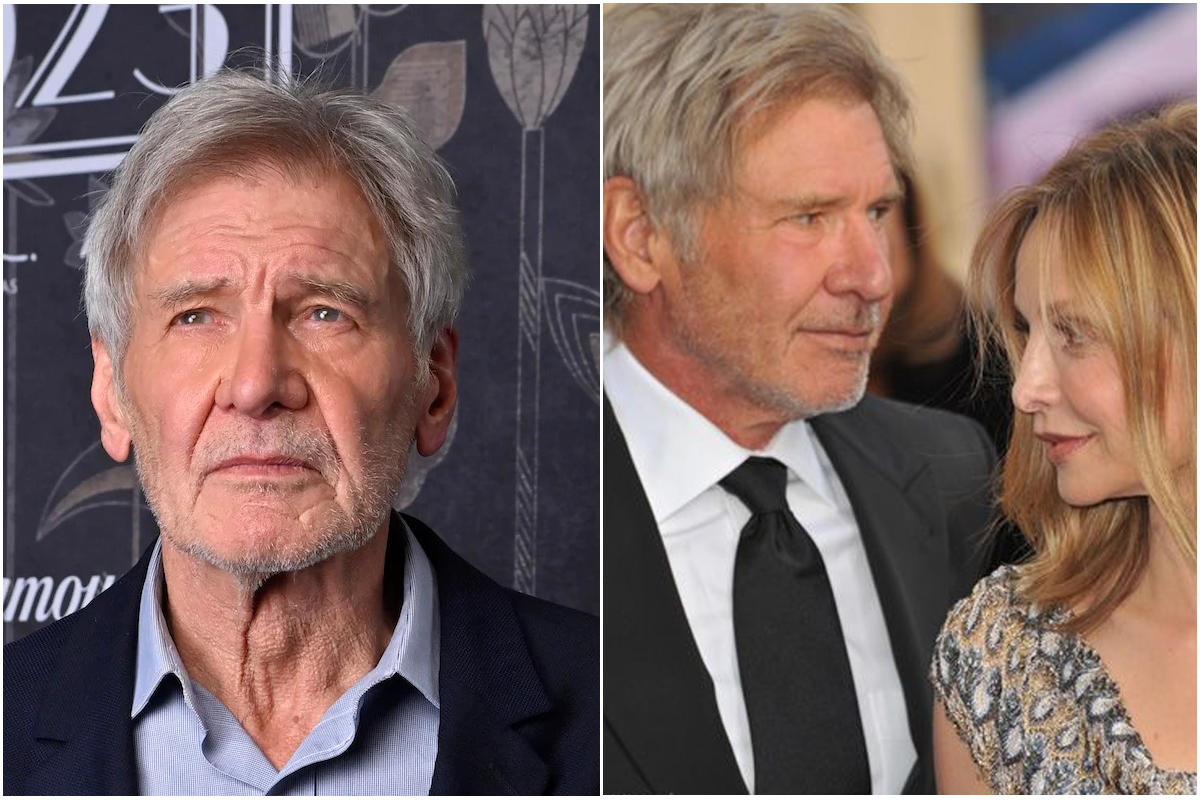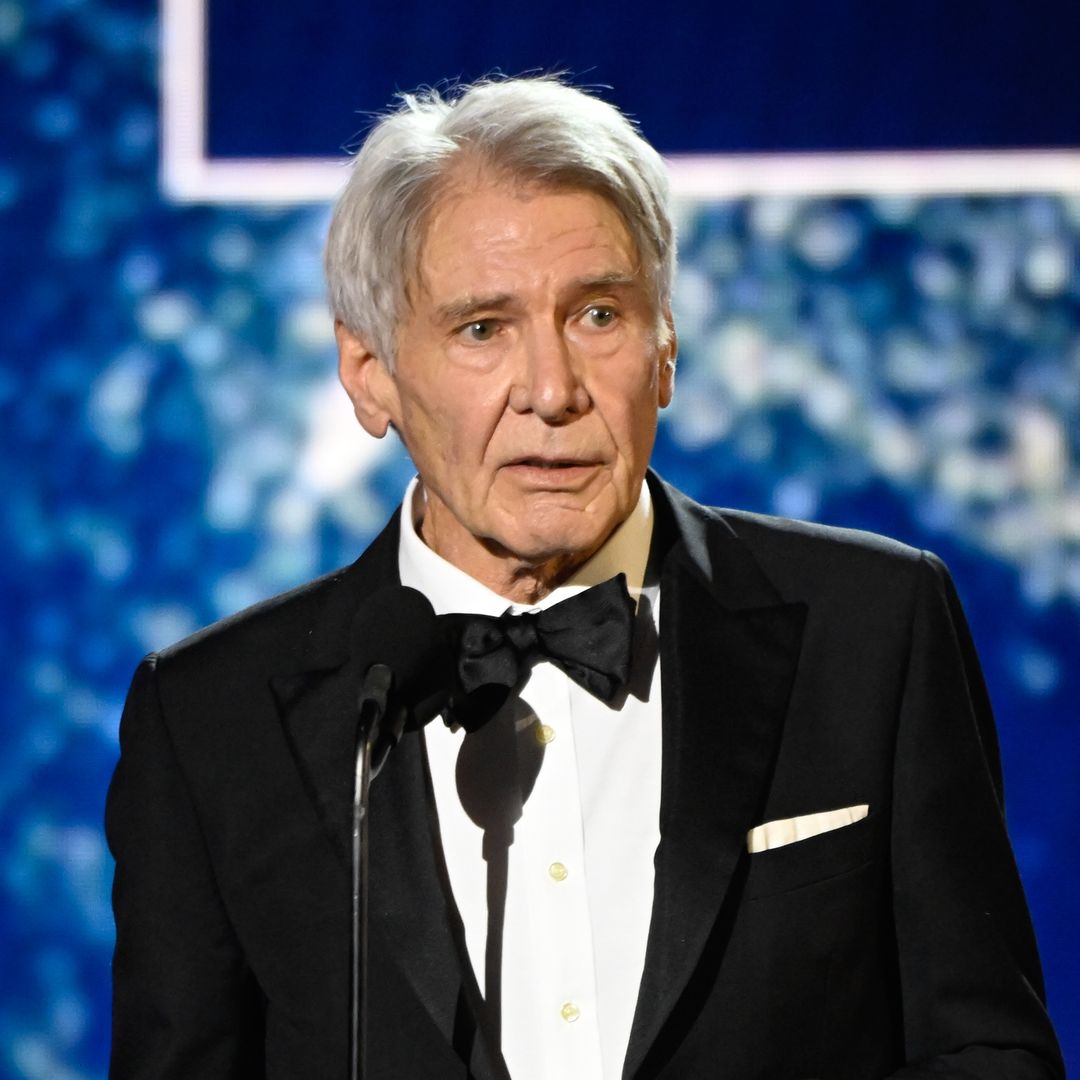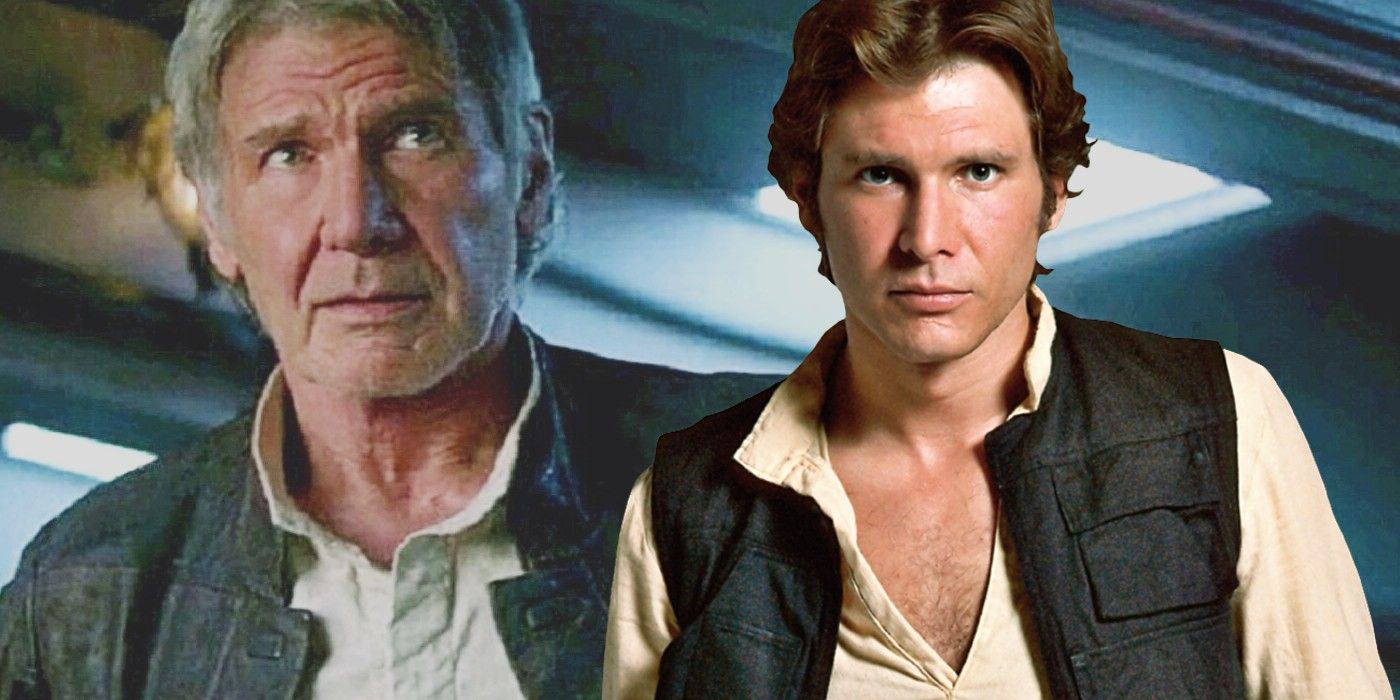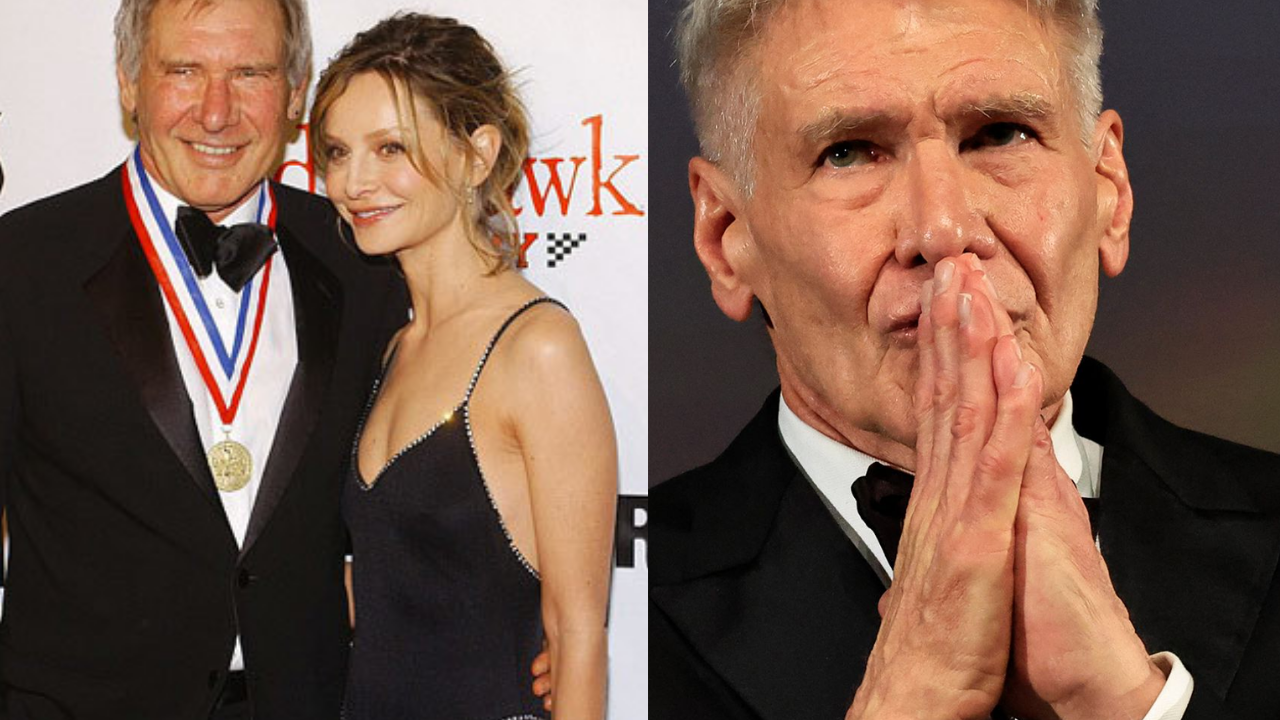
Harrison Ford—the name itself evokes images of a galaxy far, far away, treasure-filled tombs, and dystopian futures. From Han Solo to Indiana Jones, Ford has cemented himself as one of Hollywood’s most iconic actors. However, his journey to stardom has been anything but smooth, marked by challenges, contradictions, and one lingering regret that he has carried throughout his life.

Born in 1942 in Chicago, Illinois, Harrison Ford grew up in a household with diverse heritage. His father, Christopher Ford, worked in advertising and shared Irish ancestry, while his mother, Dorothy Nidelman, a former radio actress, brought Jewish roots to the family. This mix of cultures shaped Ford’s identity. He once humorously remarked, “As a man, I’ve always felt Irish; as an actor, I’ve always felt Jewish.” Despite his parents’ creative influences, Ford’s childhood was far from idyllic.

Growing up in the Chicago suburbs, Ford faced relentless bullying, leaving him feeling isolated and wary of others. His classmates often dragged him up hills and threw him down, leaving deep emotional scars. These experiences shaped his reserved and introverted personality, traits that would later influence his enigmatic on-screen presence.

Ford’s early interests leaned toward outdoor activities and building model trains rather than academics. He wasn’t drawn to acting initially, viewing it as a precarious career path due to his father’s struggles as a vaudeville performer and radio DJ. However, during his time at Ripon College in Wisconsin, Ford accidentally stumbled upon acting. To boost his grades, he enrolled in a drama class, unaware it required performing on stage. Despite his initial reluctance, Ford discovered a passion for acting, landing the lead role in a college production of The Threepenny Opera. This newfound love for performance came just as he was expelled for poor academic performance, forcing him to chart a new course.

Ford’s move to Los Angeles marked the beginning of a long and arduous journey. Rejections piled up as casting directors criticized his appearance and lack of star power. To make ends meet, he worked as a carpenter, a skill he taught himself. This profession not only supported his family but also allowed him to remain selective about acting roles.
His carpentry work eventually opened unexpected doors. Ford built a stage for Jim Morrison and worked on George Lucas’s cabinets, leading to a pivotal audition for American Graffiti. His role as Bob Falfa in the 1973 film was a small but significant step toward his breakout.
In 1977, Ford’s career skyrocketed when he was cast as Han Solo in Star Wars. Interestingly, Ford wasn’t initially considered for the role, as Lucas had envisioned Han Solo as a green alien or even a Black man. Ford’s improvisational skills and natural charisma, however, won him the part. Despite the character’s popularity, Ford later admitted he found Han Solo “dumb as a stump” and pushed for the character’s death to add depth to the story. His relationship with fame remained complicated; he often described it as “worthless” and maintained a low profile off-screen.

While Ford’s portrayal of Deckard in Blade Runner (1982) showcased his dramatic range, it became one of his biggest regrets. The filming process was fraught with tension, particularly with director Ridley Scott. Ford clashed with Scott over the character’s development and the film’s tone. Adding to the frustration, Blade Runner was a box-office disappointment upon release, though it later gained cult status. Reflecting on the experience, Ford has expressed regret about the emotional toll it took on him and the missed opportunity to fully realize Deckard’s potential.
Ford’s career is a testament to resilience. After setbacks like being dropped by Universal Studios in 1969, he continued to persevere. His roles in Witness (1985) and The Fugitive (1993) demonstrated his versatility and earned him critical acclaim. Yet, through it all, Ford has remained grounded, often attributing his success to luck and persistence rather than talent.
Now in his eighties, Harrison Ford’s legacy is as complex as the characters he portrays. His journey from a bullied schoolboy to one of Hollywood’s highest-paid actors is a story of determination and self-discovery. Despite his regrets and the challenges he faced, Ford’s career serves as a reminder that even the most iconic figures are shaped by their struggles.
Harrison Ford’s biggest regret may be tied to a single role, but his life’s work is a mosaic of triumphs, failures, and enduring passion. As he continues to captivate audiences, his story inspires us to embrace both our strengths and our flaws.






